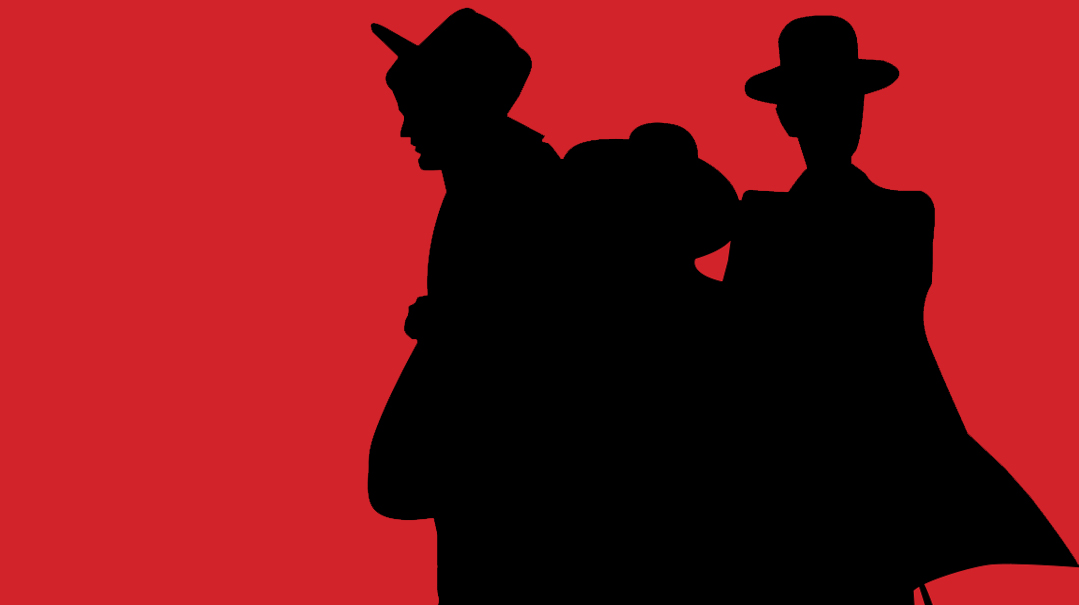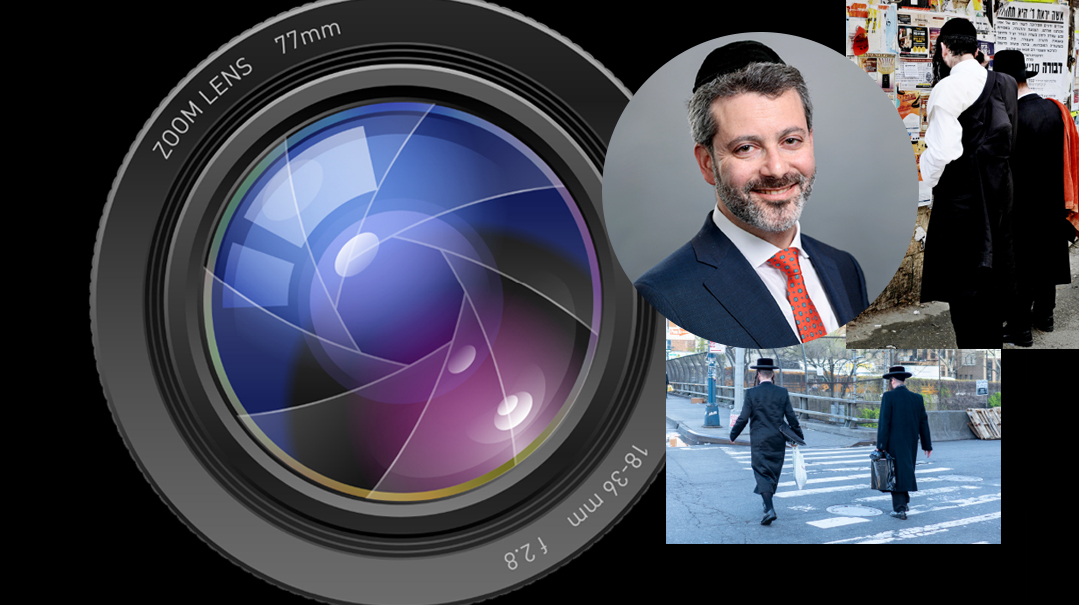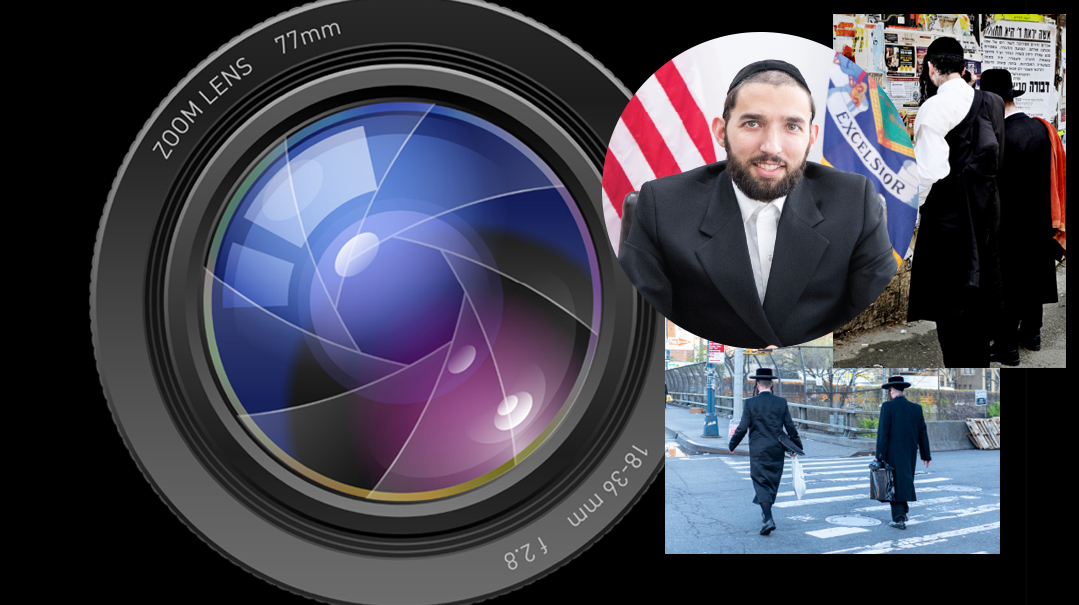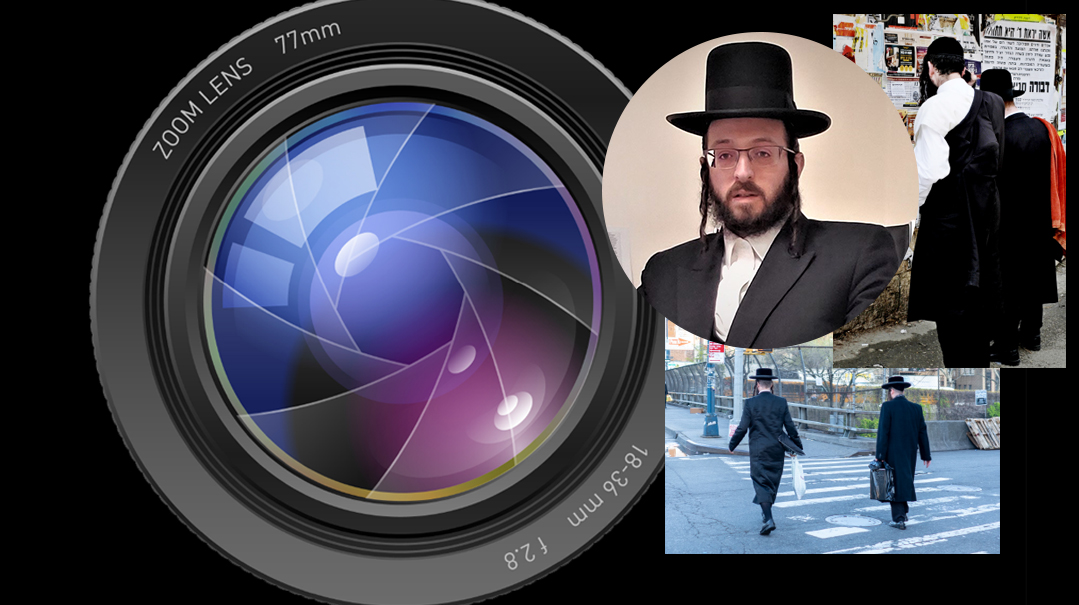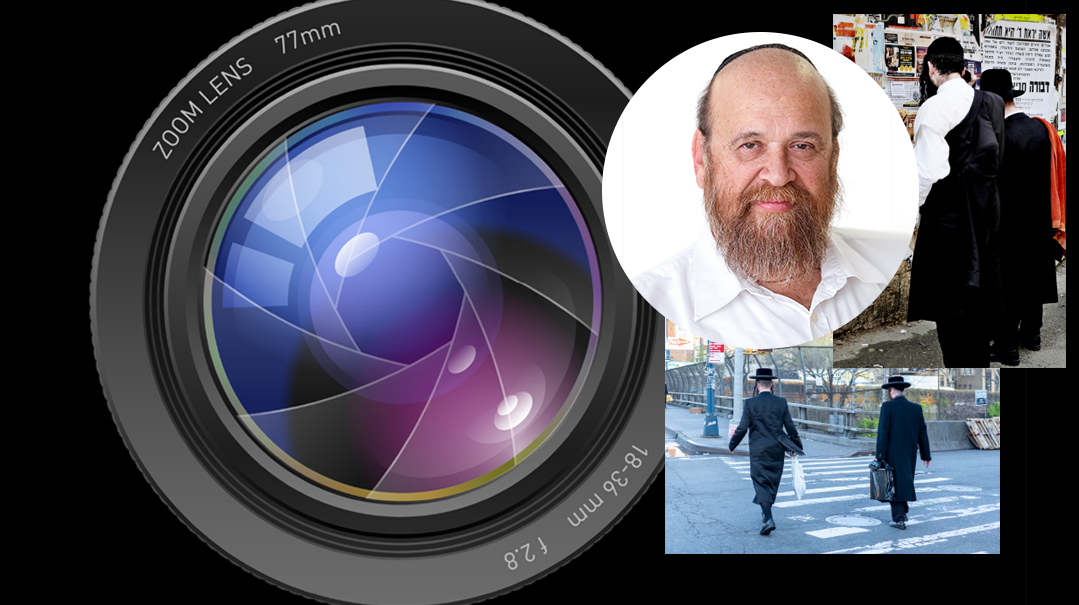Menachem Lieberman: A Smile Goes a Long Way

"Every frum Jew has to realize that he’s not Donald Trump and the media is not his enemy. Being belligerent is wasting an opportunity"
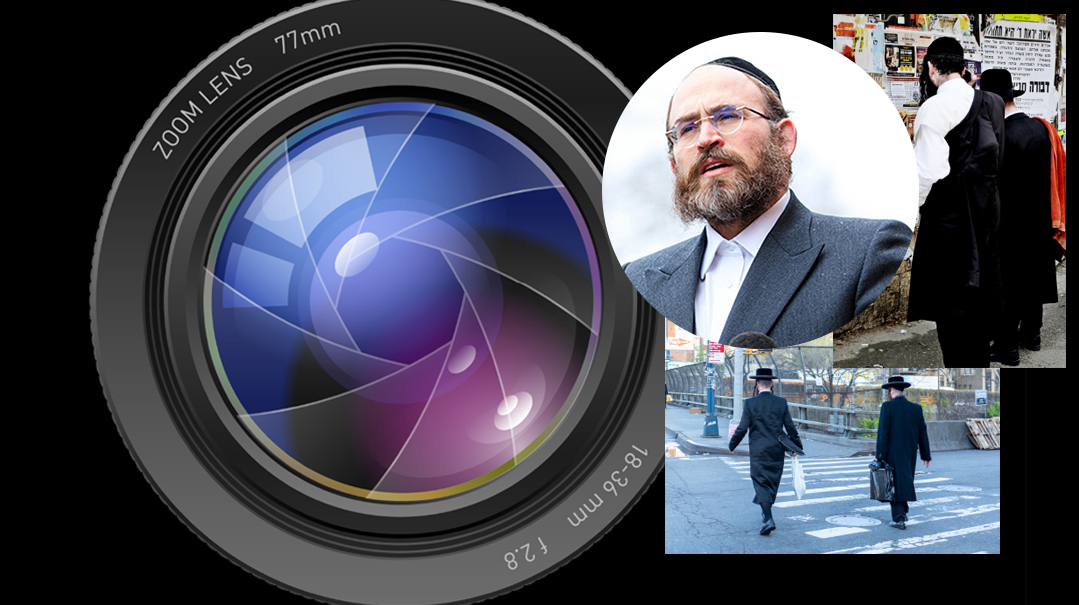
Satmar businessman Menachem (Max) Lieberman has been an unofficial volunteer point man for Montreal’s Jewish community for several years, helping with immigration issues, street permits, and other matters. During the COVID pandemic, as the face of the CJHQ (Jewish Hasidic Council of Quebec), he has patiently answered questions from the tzibbur on regulations, and represented the community in the halls of government.
Interviewed by Yisroel Besser
What do you see as the most dangerous aspect of chareidim’s portrayal and perception in the public sphere? How much of this is due to our lifestyle, how much to our mistakes, and how much to misunderstandings and miscommunication?
We are called an am chacham v’navon in the Torah, a wise and perceptive people. There’s nothing wise about pretending COVID doesn’t exist and denying that vaccines can help. Sharing conspiracy theories isn’t a sign of great wisdom. But what has happened is that because of certain government policies to address the pandemic that threaten our right and ability to live — like closing chadarim, for example — we fell into this “us versus them” mindset, and in some cases, the rhetoric on both sides spiraled out of control.
I hear a lot of concerns in the course of a day, some of which seem legitimate and some that seem silly, so I make sure to sit with dayanim, people who actually know halachah, before issuing any sort of statement or reacting. What’s the halachah? What’s negotiable and what is a line we absolutely won’t cross? Once the rabbanim tell me where we stand, I can try to work with the authorities and media toward that goal. But when people emotionally react to the issues they perceive as problems, that hurts us.
We have to accept that things have changed, and it’s a mistake to ignore that. We are a visible minority. A generation ago, many of our fathers wore caps in public, but now, we’re confident enough to announce our difference. It’s a good thing, perhaps, but it comes with a cost. Our behavior has to be even more exemplary.
In recent years, social media arrived, so every bad decision or silly blunder is blown up out of proportion, seen as a statement rather than a mistake made by a lone individual.
It’s not only social media, it’s our own home-grown “frum” websites, which are easily accessible and a starting point for every secular journalist. When our own heimishe sites are taking us on, the job of an antagonistic media is a hundred times easier.
Describe successful efforts where chareidim reached out to the media, decision-makers, or the public at large to make themselves heard or understood. What were the key elements that brought success?
One of the greatest accomplishments in our community over the last few years has been building a network of reporters and journalists who we almost have on speed dial and for the most part they are fair and balanced. If they are writing about us, we have the opportunity to speak.
What people don’t realize is that speaking to the media isn’t only about PR. The politicians who create legislation might not always have public support to help us, but if there’s an article they can point to, that’s also something. You will frequently hear politicians explaining a position based on a piece they read in one respected media organ or another, so the media is another way of effective lobbying.
Every frum Jew has to realize that he’s not Donald Trump and the media is not his enemy. Being belligerent is wasting an opportunity. Not all reporters are hostile, and if you take the time to work with them, you can develop good relationships. Try to engage the media, exchange contact information, and keep them in the loop — and if there’s a story they’re going to write about us, make sure you reach out and share your take. For the most part, they will appreciate that.
And even with hostile reporters, at least the reader will get your point of view too — don’t let them talk about you without giving you a chance to at least raise our viewpoint. Yes, they might try to twist what you said, but it’s always better than being absent. If you stick with it and keep yourself in the conversation, they will start reporting more accurately.
Using social media to call out injustice, hate, and discrimination is a starting point, but you’re limited in that format. If the big outlets pick up a story, though, and decide to tell it, then you can move it forward and make a real difference by engaging the reporter to expand on the story.
How can each and every Orthodox Jew be a good ambassador?
Our neighborhood, Outremont, is mostly a mix of chassidic families and upscale French-Canadians. At the tip, in Mile End, you have many artists, poets, and musicians. It’s a very colorful place, and we’re right in the middle of it. Over time, we’ve learned how to exist nicely.
Some concerned members of our community created a neighborhood group that includes locals and, again and again, these neighbors, usually non-Jews, have been ready to stand by us in the media. We’ve tried to expose them to the beauty of our lifestyle, and some of them have come to appreciate the family dynamic, the happiness in community, the loyalty and devotion to others.
They might never understand how an eiruv works, but they will understand a good morning and pleasant smile. It’s not that hard to explain the concept of shalach manos and send over a few rugelach and grape juice, and it goes along way.
Anyone who lives in Montreal knows that Rav Yochanan Wosner, the Skverer Dayan, is not just a tremendous talmid chacham and posek, but a tzaddik, someone who lives an elevated life. When he walks in the street, his mind is somewhere else.
But I happened to be walking behind him one spring day and a non-Jewish neighbor was working on his front lawn. The dayan stopped to admire the flowers, then complimented the gentleman on their appearance. The man was standing there smiling long after the Skverer Dayan had walked on.
I don’t know who that neighbor was, but if he lives here, there’s a fair chance he’s a writer, a celebrity, a politician, or an influencer of some sort. Even if he’s not, he’s a person
(Originally featured in Mishpacha, Issue 852)
Oops! We could not locate your form.







